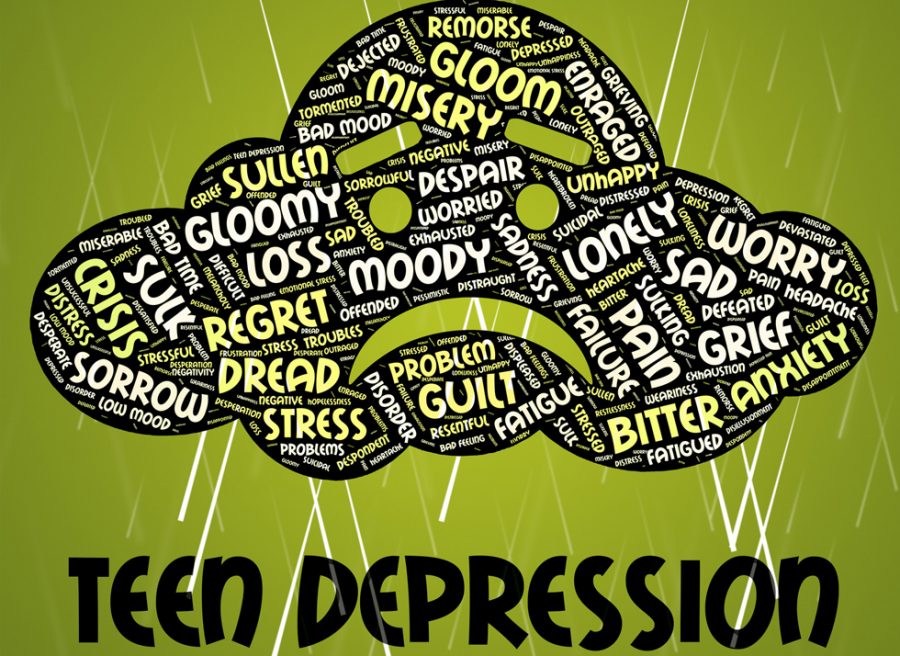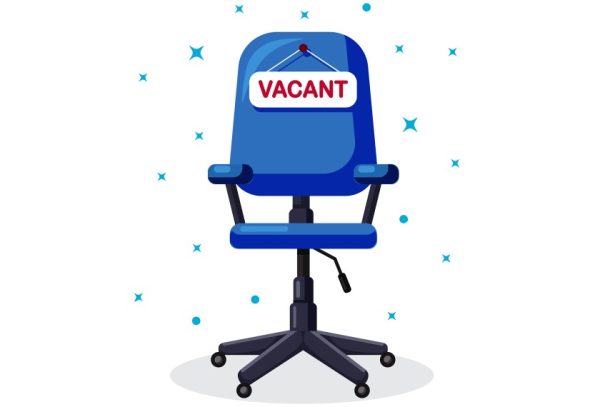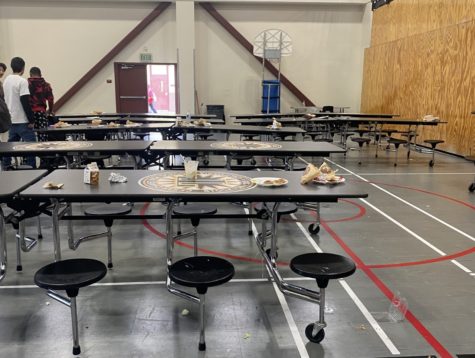Thoughts on Teen Depression
We are all thinking it, but no one’s saying it. Why is everyone suddenly depressed? Seriously, why does it seem like everyone I know suffers from depression? It’s like I’ve been born into a decade of sadness. It’s a time where being depressed is not an illness, but a trait. A time where depression is more common than happiness. I have been raised in a time where depression has been ‘romanticized’ in films and social media.
Let’s talk about facts. According to Science Daily, it has been reported that depression increased by 63% in young adults from 2009 to 2017. As for the suicide statistics, the National Center for Health Statistics reported that suicide was the 10th leading cause of death in the United States in 2016. From people aged 10-35, suicide was the second leading cause of death.
Can we take a second to think about that? People as young as 10 years old, take their own lives, instead of experiencing them. Was it always this bad? Was attempting suicide and having depression always so common? Let’s first talk about the top leading causes of depression; genetic vulnerability, severe life stressors, substances, and medical conditions. All of those causes were here before my time, so why is it just now rising at such a high level?
The truth is, showing a brutal suicide on a popular television show isn’t going to help. Using depression as a “trend” or as an “aesthetic” on your social media platform isn’t going to help either. It will only normalize it even more, which will make people not want to get help.
Depression isn’t some wagon you can jump on whenever you feel the need to fit in. Depression is not being able to leave your bed for days at a time. Depression is not having the energy to get up and go to school some days. Depression means losing or gaining an appetite. It is foolish and inappropriate to glorify or ‘brag’ about having depression instead of really going out and getting help.
What do you do if you know someone who has depression?
- Be there to listen above all. Sometimes all you have to do is be the pone person that listens to them.
- Talk to them, know when a good time to talk is, and take their feelings SERIOUSLY.
- Become informed.
- Encourage them to get help, let them know about support services, and talk about suicide and safety planning.
- Back down if they aren’t ready.
- Respond to any emergencies.
As for those who have depression themselves, get help and encourage others to help as well.
“Suicide doesn’t end the pain, it just passes it on to someone else.”
















